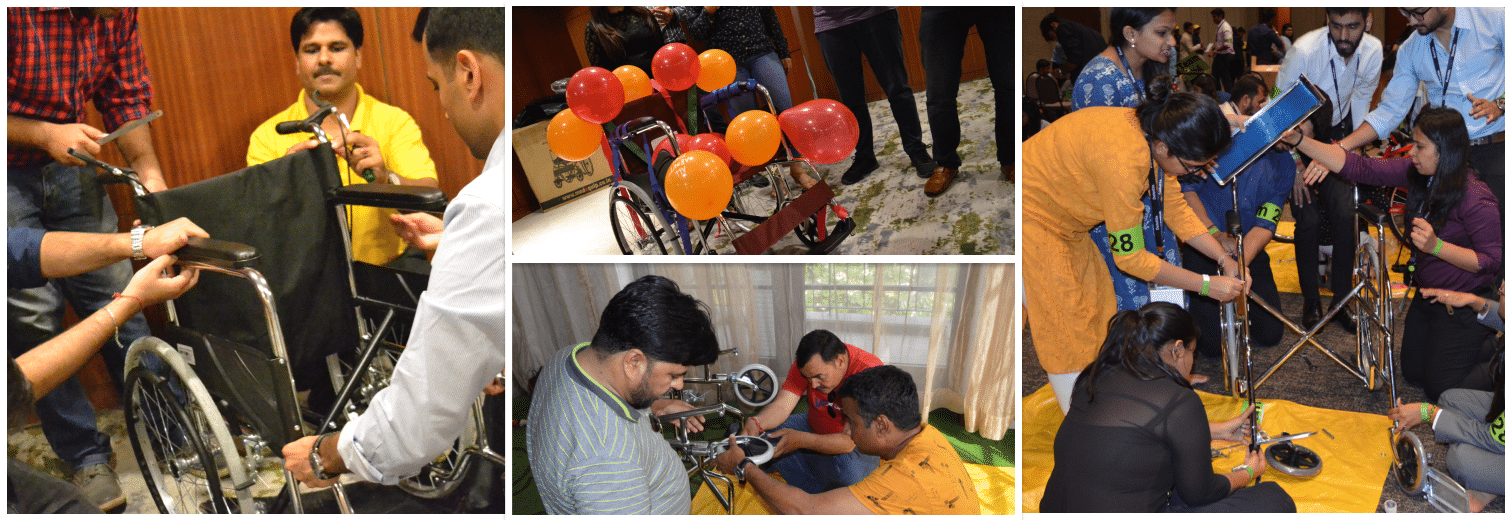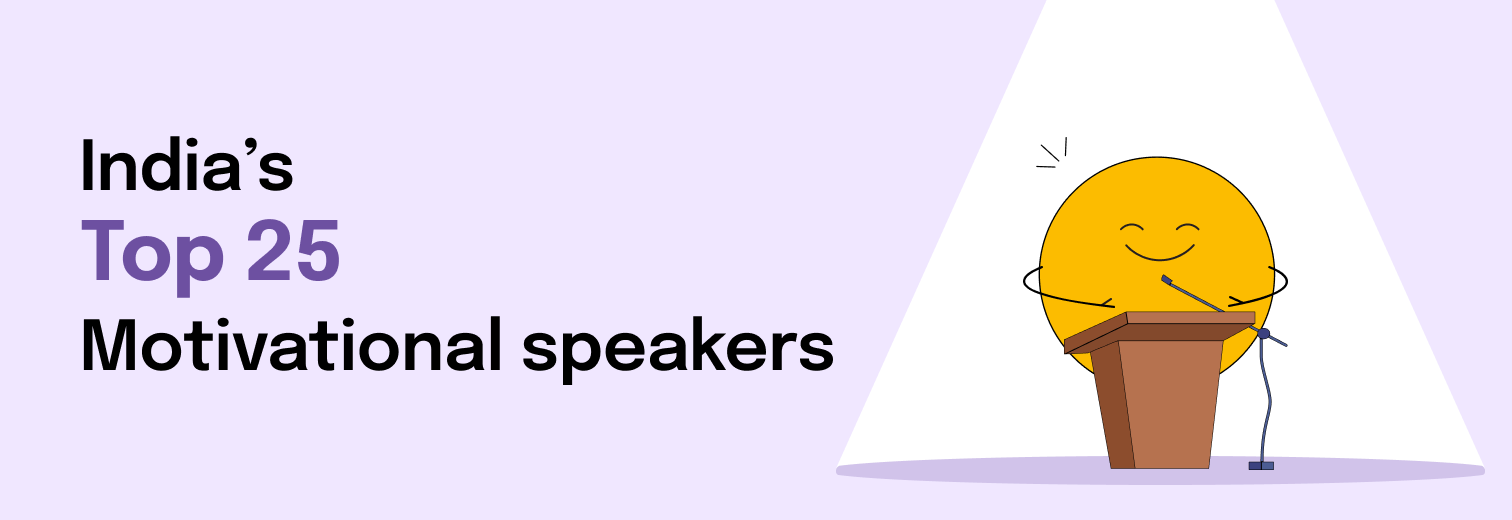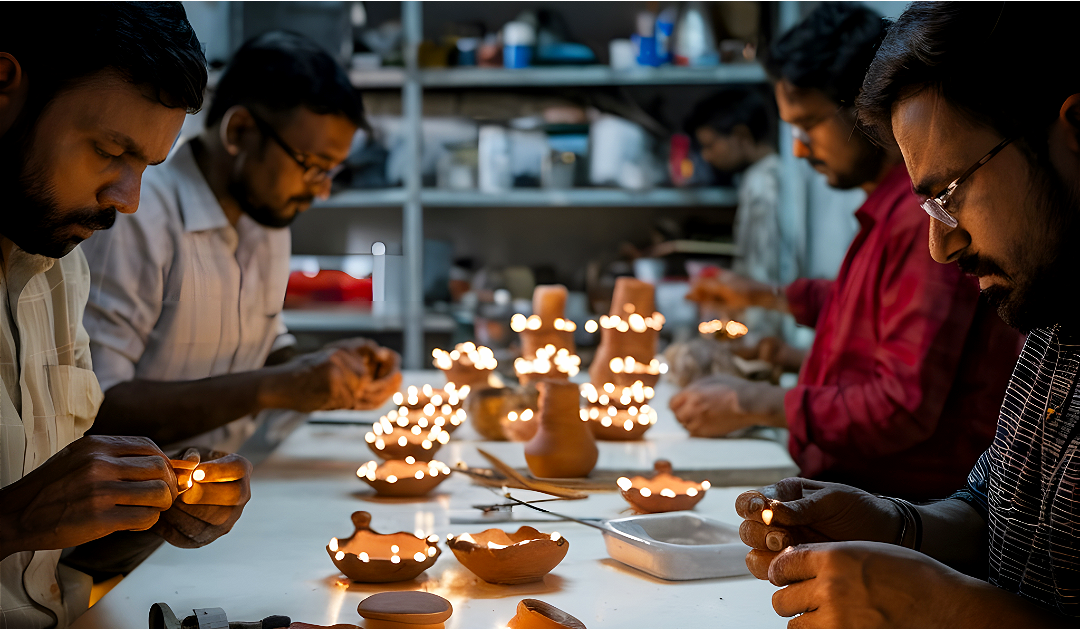Reposting a fantastic post that I came across in the Harvard blog posts about a no-nonsense approach to team building.
The author – Marshall Goldsmith is recognized as one of the world’s leading executive educators and coaches. His 30 books include What Got You Here Won’t Get You There and MOJO
Do you have any suggestions on how I can improve teamwork and coordination with my team?
I would suggest a very simple and practical process that I call “team building without time wasting.” The steps in the process are:
1. In a team meeting ask each team member to rate “How well are we doing?” vs. “How well do we need to be doing?” in terms of teamwork. Have each member do this on paper. Have one of the members calculate the scores — without identifying anyone. One a 1-10 scale — with 10 being the highest score — the average evaluation from over 1,000 teams is “We are a 5.8. We need to be an 8.7.”
2. Assuming there is a gap between “we are” and “we need to be,” ask each team member to list two key behaviors that, if each other individual team member improved, could help close the gap and improve teamwork. Do not mention people — only behavior — such as listening better, clear goals, etc. Then list the behaviors on a flip chart and have the team pick the one that they believe will have the biggest impact.
3. Have each team member conduct a three-minute, one-on-one meeting, with each of the other team members. (Do this while standing and rotate as members become available.) In these sessions each person should ask, “Please suggest one or two positive changes I can make individually to help our team work together more effectively.” Then have each person pick one behavior to focus on improving.
4. Begin a regular monthly follow-up process in which each team member asks each other member for suggestions on how to continue their improvement based on their behavior the previous month. The conversations should focus on the specific areas identified for improvement individually as well as general suggestions for how to be better team members.
When asking for input the rules are that the person receiving the ideas cannot judge or critique the ideas. He must just listen and say “thank you.” The person giving the ideas must focus on the future — not the past.
Through my research, I have learned that teams who practice this very efficient process can gain more improvement in teamwork – in very little time – than teams that spend hours (or even days) on traditional ‘team building’ activities
Do you think this approach can work for your team? Do let us know what you think.





